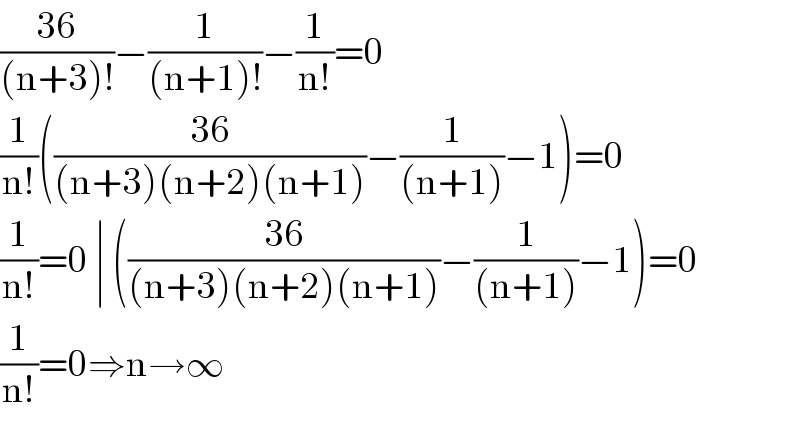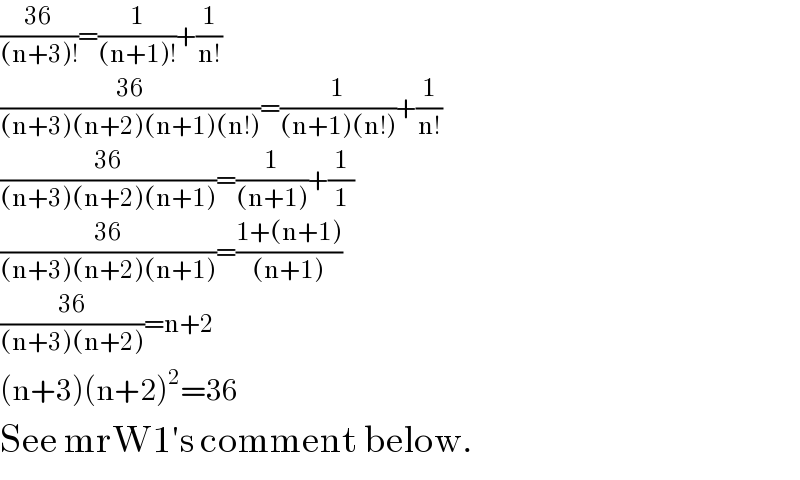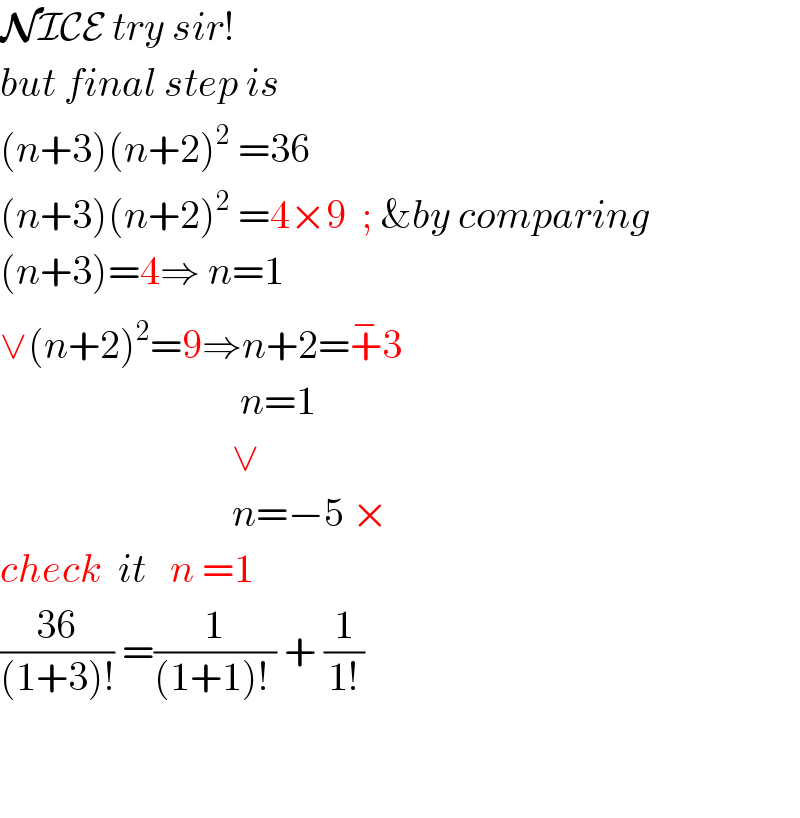
Question and Answers Forum
Question Number 13237 by Abbas-Nahi last updated on 17/May/17

Commented by RasheedSindhi last updated on 17/May/17

Commented by Abbas-Nahi last updated on 17/May/17

Answered by RasheedSindhi last updated on 17/May/17

Commented by mrW1 last updated on 17/May/17

Commented by Abbas-Nahi last updated on 17/May/17

Commented by Abbas-Nahi last updated on 17/May/17

